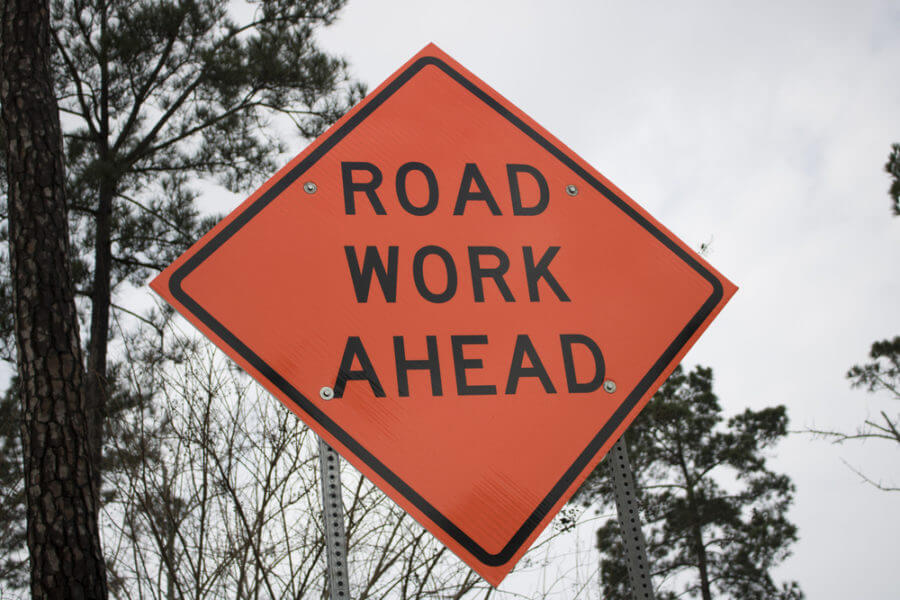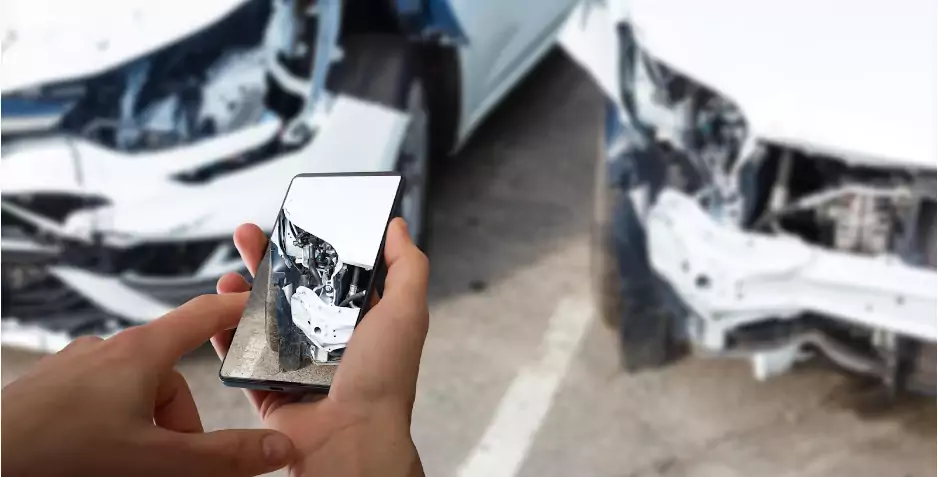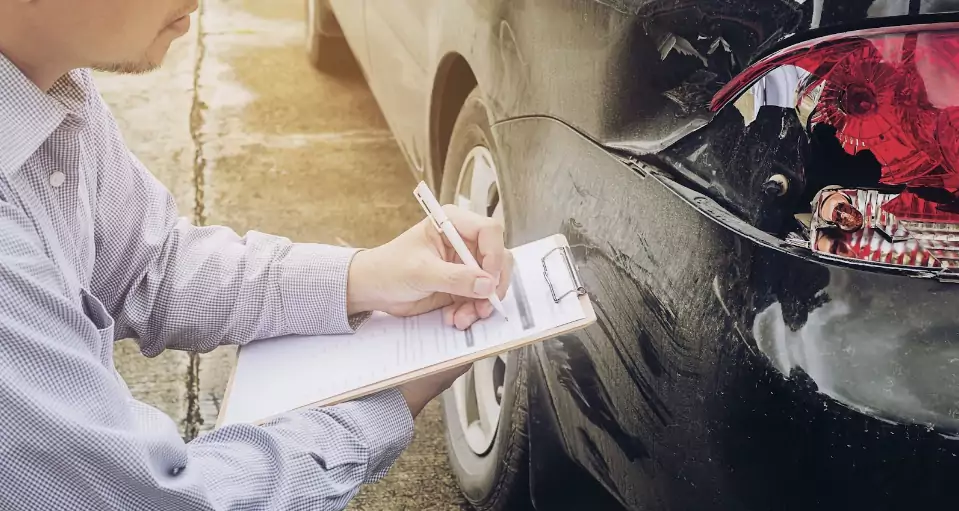
Muncie Car Accident Lawyer
Navigating the aftermath of a car accident can be an overwhelming experience for all actors involved. The path to recovery is often strewn with obstacles, especially when the incident was caused by another party’s negligent actions such as speeding, drunk driving, or driver fatigue, you must claim the compensation you deserve.
Ensuring you receive the full and fair compensation you rightfully deserve becomes key in this situation, and at Christie Farrell Lee & Bell, we stand beside you in this trying time, providing dedicated legal support and fighting for the compensation you deserve.










